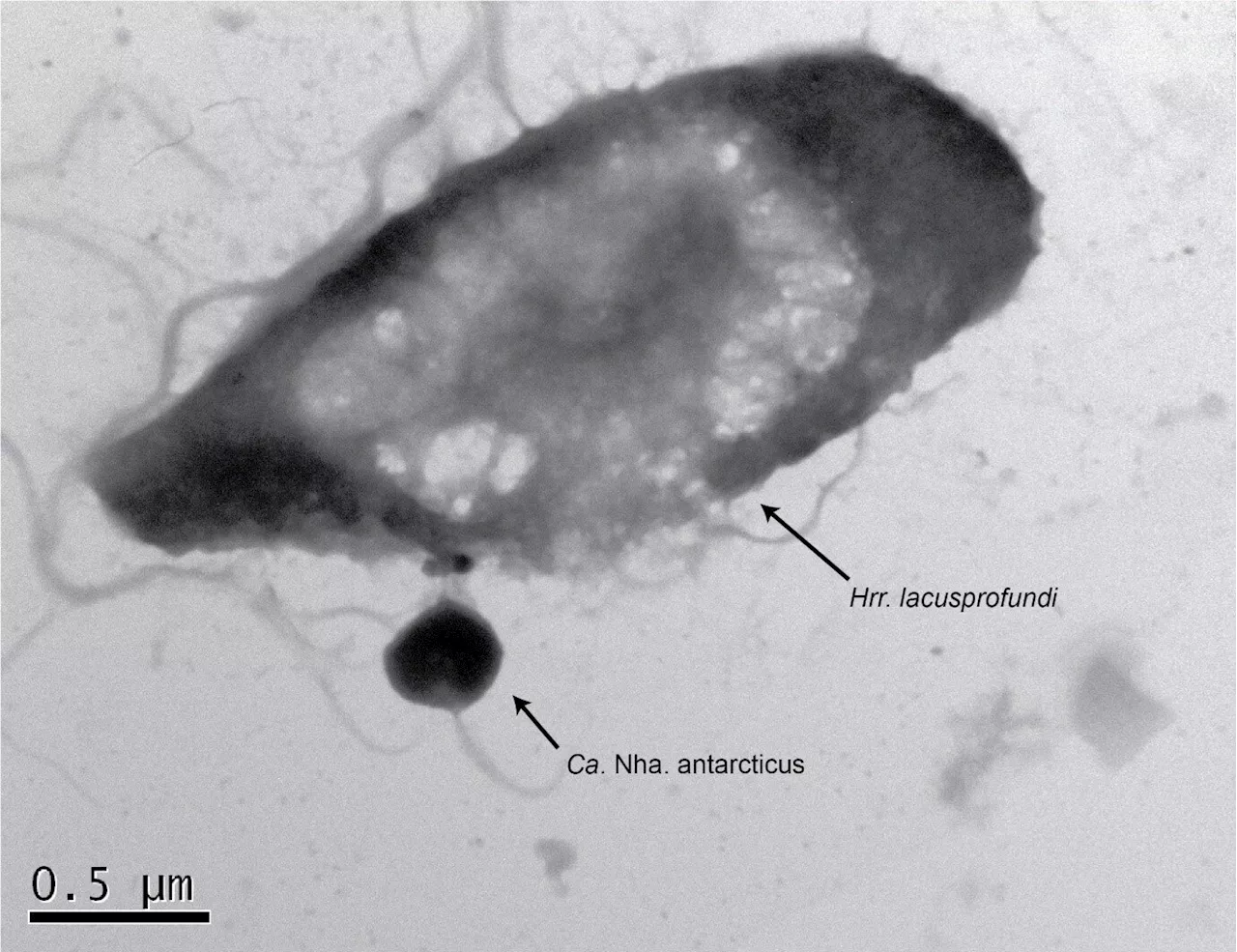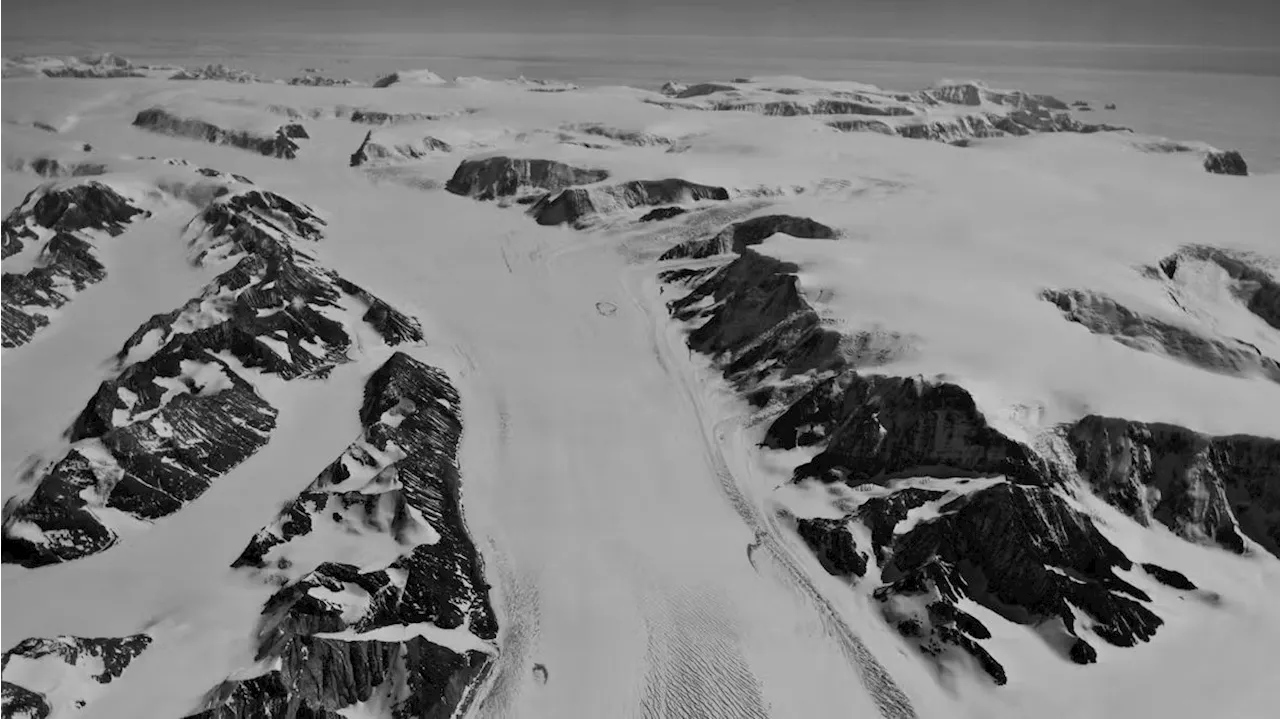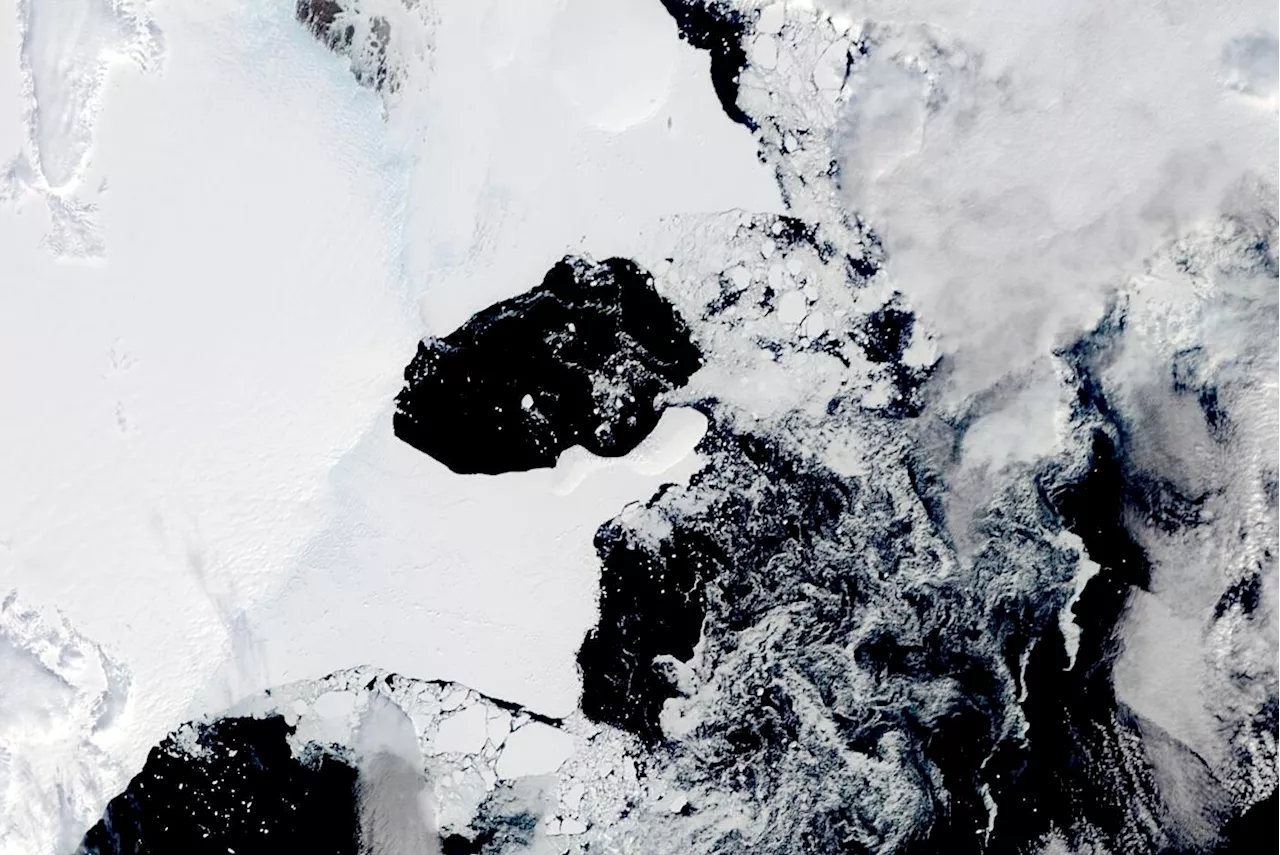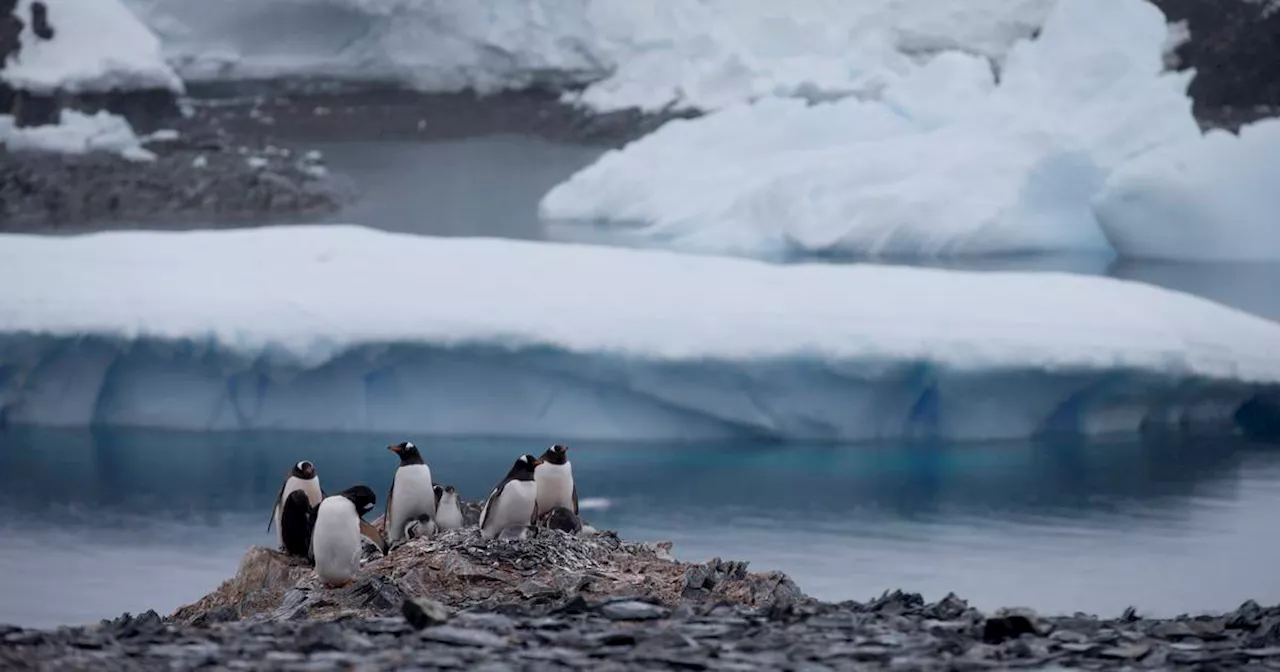Antarctic dwelling single-celled microorganisms called archaea can behave like parasites, new research shows.
In Antarctica is a small lake, called Deep Lake, that is so salty it remains ice-free all year round despite temperatures as low as -20 °C in winter. Archaea, a unique type of single-celled microorganism, thrive in this bitterly cold environment.
"They are less studied and understood than the other lineages. However, archaea provide clues about the evolution of life on Earth, as well as how life might exist on other planets. Their unique biochemistry also holds promising applications in biotechnology and bioremediation. Within the archaea, there is a group called DPANN archaea that are much smaller than other archaea, with very small genomes and limited metabolic capabilities. The study reveals they depend on host microbes, particularly other archaea, to survive.
Associate Professor Duggin said predators are important players in ecosystems because when they kill their hosts, they not only feed themselves but also make the remains of the host cells available for other organisms to feed on. Dr Liao said her future research aims to explore archaea for biomedical and biotechnological applications. While no archaea have been found to cause disease, they could still impact wellbeing. Archaea are also responsible for livestock methane emissions, so a greater knowledge of archaeal lifestyles could be useful to combat climate change.Joshua N. Hamm, Yan Liao, Andriko von Kügelgen, Nina Dombrowski, Evan Landers, Christopher Brownlee, Emma M. V. Johansson, Renee M. Whan, Matthew A. B.
Marine Biology Fish Nature Origin Of Life Early Climate Fossils Charles Darwin
United States Latest News, United States Headlines
Similar News:You can also read news stories similar to this one that we have collected from other news sources.
 Ancient Antarctic microorganisms are aggressive predatorsIn Antarctica there is a small lake, called Deep Lake, that is so salty it remains ice-free all year round despite temperatures as low as -20°C in winter. Archaea, a unique type of single-celled microorganism, thrive in this bitterly cold environment.
Ancient Antarctic microorganisms are aggressive predatorsIn Antarctica there is a small lake, called Deep Lake, that is so salty it remains ice-free all year round despite temperatures as low as -20°C in winter. Archaea, a unique type of single-celled microorganism, thrive in this bitterly cold environment.
Read more »
 Mysterious Patterns Spotted Beneath Antarctic Ice ShelfPeering up at the teardrop-shaped structures, the researchers compared the experience to seeing the far side of the Moon for the first time.
Mysterious Patterns Spotted Beneath Antarctic Ice ShelfPeering up at the teardrop-shaped structures, the researchers compared the experience to seeing the far side of the Moon for the first time.
Read more »
 We used 1,000 historical photos to reconstruct Antarctic glaciers before a dramatic collapseRyan North is a PhD student at the University of Wollongong studying landscape evolution and climate impacts in Antarctica.
We used 1,000 historical photos to reconstruct Antarctic glaciers before a dramatic collapseRyan North is a PhD student at the University of Wollongong studying landscape evolution and climate impacts in Antarctica.
Read more »
 Antarctic temperatures soar 50 degrees above norm in long-lasting heat waveThis historic warm spell in East Antarctica is an ominous example of the temperature spikes this polar climate could experience more of in a warming world.
Antarctic temperatures soar 50 degrees above norm in long-lasting heat waveThis historic warm spell in East Antarctica is an ominous example of the temperature spikes this polar climate could experience more of in a warming world.
Read more »
 Never-before-seen shapes up to 1,300 feet long discovered beneath Antarctic iceBen Turner is a U.K. based staff writer at Live Science. He covers physics and astronomy, among other topics like tech and climate change. He graduated from University College London with a degree in particle physics before training as a journalist.
Never-before-seen shapes up to 1,300 feet long discovered beneath Antarctic iceBen Turner is a U.K. based staff writer at Live Science. He covers physics and astronomy, among other topics like tech and climate change. He graduated from University College London with a degree in particle physics before training as a journalist.
Read more »
 Antarctic temperatures soar 50 degrees above norm in long-lasting heat waveThis historic warm spell in East Antarctica is an ominous example of the temperature spikes this polar climate could experience more of in a warming world.
Antarctic temperatures soar 50 degrees above norm in long-lasting heat waveThis historic warm spell in East Antarctica is an ominous example of the temperature spikes this polar climate could experience more of in a warming world.
Read more »
